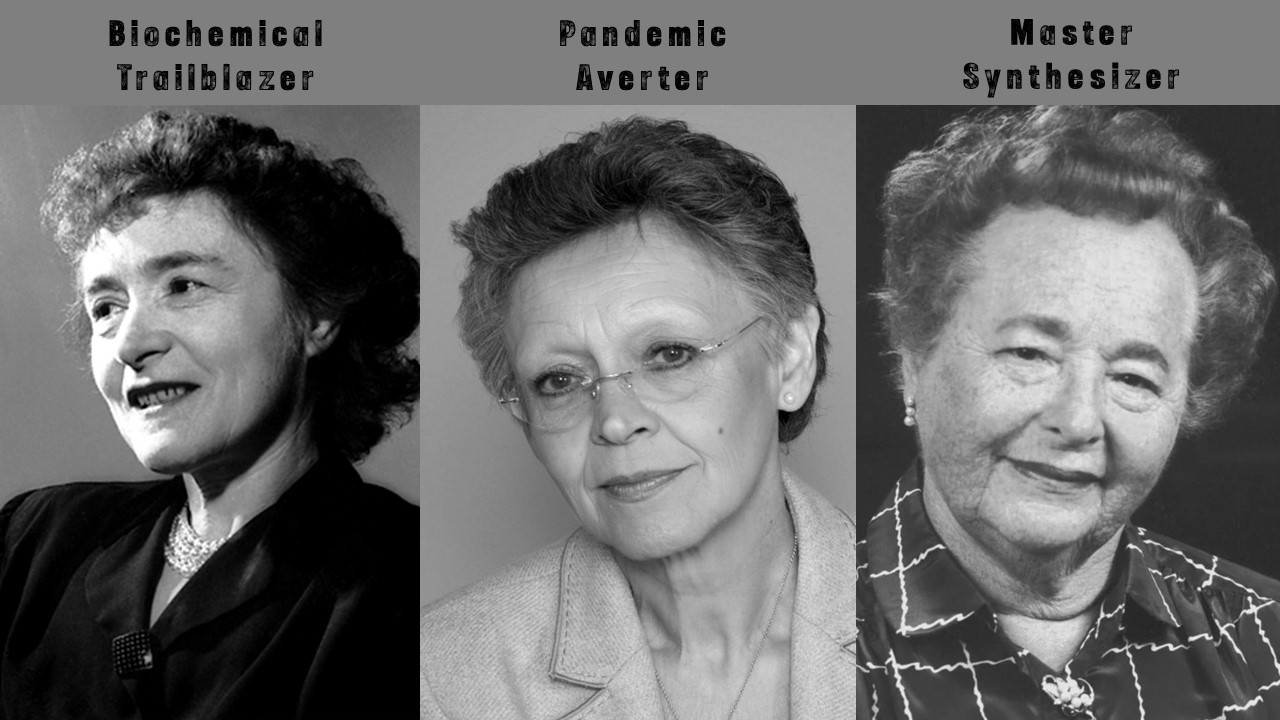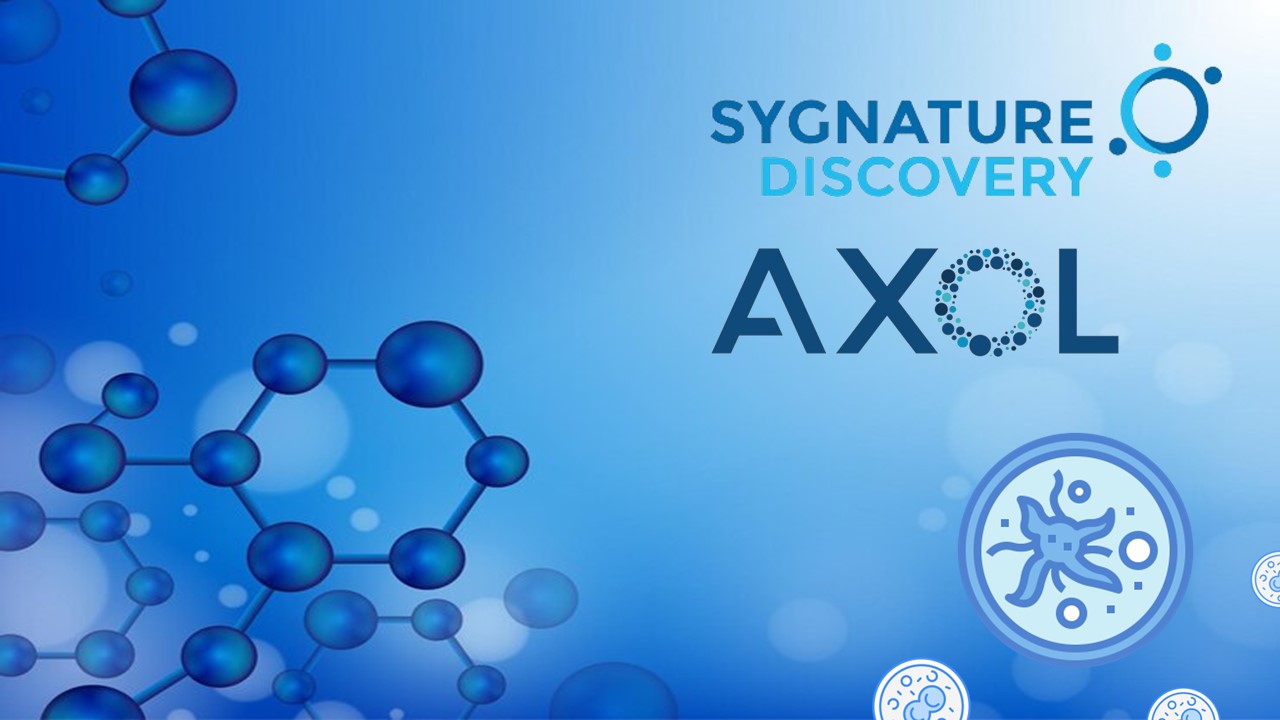
This week in pharmaceutical investments, biopharmaceutical giant Boehringer seals the deal to expand its immuno-oncology portfolio with the acquisition of biotech company Abexxa; Novartis acquires Arctos Medical in a bid to support expansion of its gene therapy pipeline, and developing exciting innovations to its ophthalmology portfolio.
Last week
Pharma Giant Boehringer Confirms Purchase of Oncology Biotech Abexxa
On September 21 2021, one of the industry leaders, Boehringer Ingelheim announced the acquisition of biopharmaceutical company Abexxa Biologics inc. According to a source, the texas-based oncology research company has been on Boehringer’s radar for a number of years, as it provided seed funding for the preclinical stage company in 2016.
Abexxa is a preclinical stage company located in Arlington, Texas, focused on developing novel therapeutics around classical and nonclassical peptide/HLA molecules, including peptide/HLA-E.
The acquisition will enable Ingelheim to expand its immuno-oncology pipeline, with access to Abexxa’s expert approach of developing antibodies against targets within cancer cells, rather than on the cell membrane. For Boehringer this is particularly attractive as it enlarges the pool of potential cancer targets, which consequently creates an opportunity to develop cancer.
“The acquisition by Boehringer Ingelheim allows our team to access the company’s expertise and capabilities in immuno-oncology and antibody development and to have the opportunity to translate Abexxa technology into a clinical asset,” said Jon Weidanz, Ph.D., co-founder and CSO of Abexxa.
This transaction is one of the latest in a strategic move by Boheringer to reinforce their oncology pipeline, seeking innovative biotechnology companies like Abbexxa to further develop their immuno-oncology pipeline.
The terms of the agreement and value of the acquisition has yet to be disclosed, however Boehringer have announced that the total transaction includes an upfront payment, milestones and other consideration payments.
Novartis Expands Gene Therapy Pipeline With Arctos Medical Acquisition
In a press release on September 21, 2021, Novartis announced the acquisition of Arctos Medical, adding a pre-clinical optogenetics-based AAV gene therapy program and Arctos’ proprietary technology to its ophthalmology portfolio.
The acquisition supports Novartis’ direction towards the restoration of vision for patients with advanced blindness using optogenetics. The problem with available gene therapies is that treatment aims to correct a specific gene, hence only a limited number of patients can benefit.
Arctos medical have taken an innovative approach to address this challenge, having developed technology based on optogenetics which is not limited to a specific gene. This technology has the potential to treat a host of diseases that involve photoreceptor loss including inherited retinal dystrophies and age-related macular degeneration.
In a recent statement, Bradner, President of the Novartis Institutes for BioMedical Research emphasised the impact of this technology for patients – “Optogenetics is emerging as a promising therapeutic approach that might restore sight to patients who are legally blind. The Arctos technology builds on our conviction that optogenetic gene therapies may meaningfully help patients battling devastating eye diseases.”
Optogenetics has developed substantially in recent years and is emerging as a promising therapeutic approach for a number of therapeutic areas, blinding diseases especially. This acquisition will no doubt support Novartis’ strategy to develop effective gene therapy for a patient population representing an unmet clinical need.
This week
AstraZeneca Confirms Deal to Acquire Caelum Biosciences for $500m
In a press release on September 29, 2021, global pharmaceutical company AstraZeneca announced it will be acquiring all remaining equity in Caelum Biosciences for CAEL-101, a potentially first-in-class fibril-reactive monoclonal antibody (mAb) for the treatment of light chain (AL) amyloidosis.
The patient population of Al amyloidosis represents an unmet clinical need, with a median survival time of less than 18 months (following diagnosis) and few effective therapies available on the market. The rare disease is defined by a misfolding of the amyloid proteins which accumulate in organs throughout the body causing significant organ damage and failure which may ultimately be fatal.
CAEL-101 has received significant attention from AstraZeneca who intend to use the acquisition to accelerate ongoing Phase III clinical development of CAEL-101, a potential first-in-class medicine for AL amyloidosis. In a statement Marc Dunoyer, Chief Executive Officer, Alexion, said “CAEL-101 has the potential to be the first therapy to target and remove amyloid deposits from organ tissues, improve organ function, and, ultimately, lead to longer lives for these patients.”
It is worth noting that Caelum and Alexion (the rare disease group for AstraZeneca) first entered a collaboration in 2019, whereby Alexion acquired a ”minority equity interest and an exclusive option to acquire the remaining equity in Caelum. Alexion currently consolidates Caelum and reflects a non-controlling interest of $150m.” Upon closing the acquisition (which is expected to take place on 5 October 2021) Alexion will pay Caelum the agreed option exercise price of approximately $150m, with the potential for additional payments of up to $350m upon achievement of regulatory and commercial milestones.
Merck Shows Significant Interest in Proceeding with the Acquisition of Acceleron Pharma
According to a recent report by the Wall Street Journal, biopharmaceutical company Merck & Co is in advanced talks to acquire Cambridge, Massachusetts-based Acceleron Pharma.
The drug manufacturer focuses on the discovery, development and commercialisation of therapeutics to treat blood-related disorders, hence the potential deal could see Merck significantly strengthen its rare disease portfolio.
A Bloomberg report on Friday highlighted how Acceleron was in talks to be acquired for more than $11 billion. Bloomberg had reported that several drugmakers including Merck’s rival Bristol-Myers Squibb Co (BMY.N), which owns 11.5% of Acceleron’s stock, were seen as potential suitors.
Reblozyl, a drug which aims to treat two blood related disorders, is the primary profit revenue for Acceleron and would further develop the pipeline of rare disease drugs for Merck, expanding its target populations.
Charlotte Di Salvo, Editor & Lead Medical Writer
PharmaFeatures
Subscribe
to get our
LATEST NEWS
Related Posts

Leadership, Trends & Investments
Aravax Continues International Expansion with Appointment of Aled Williams as Chief Business Officer
Aravax announces the appointment of Alex Williams as Chief Business Officer.

Leadership, Trends & Investments
The Immigrant, The Career-Undecided, and The Supermarket Supervisor-turned-Scientist
Learn more about the 1947, 1988, and 2008 Physiology or Medicine Female Nobel Laureates.
Read More Articles
Myosin’s Molecular Toggle: How Dimerization of the Globular Tail Domain Controls the Motor Function of Myo5a
Myo5a exists in either an inhibited, triangulated rest or an extended, motile activation, each conformation dictated by the interplay between the GTD and its surroundings.













